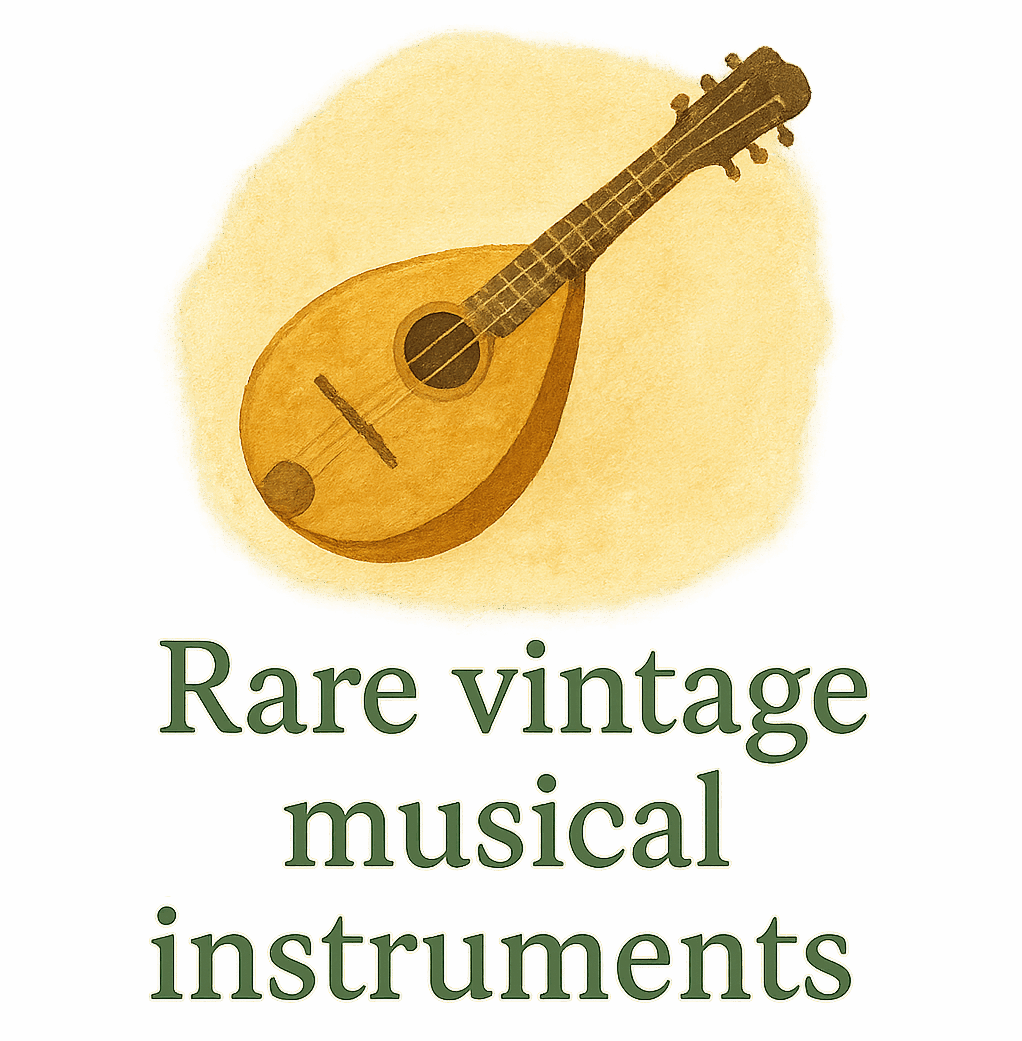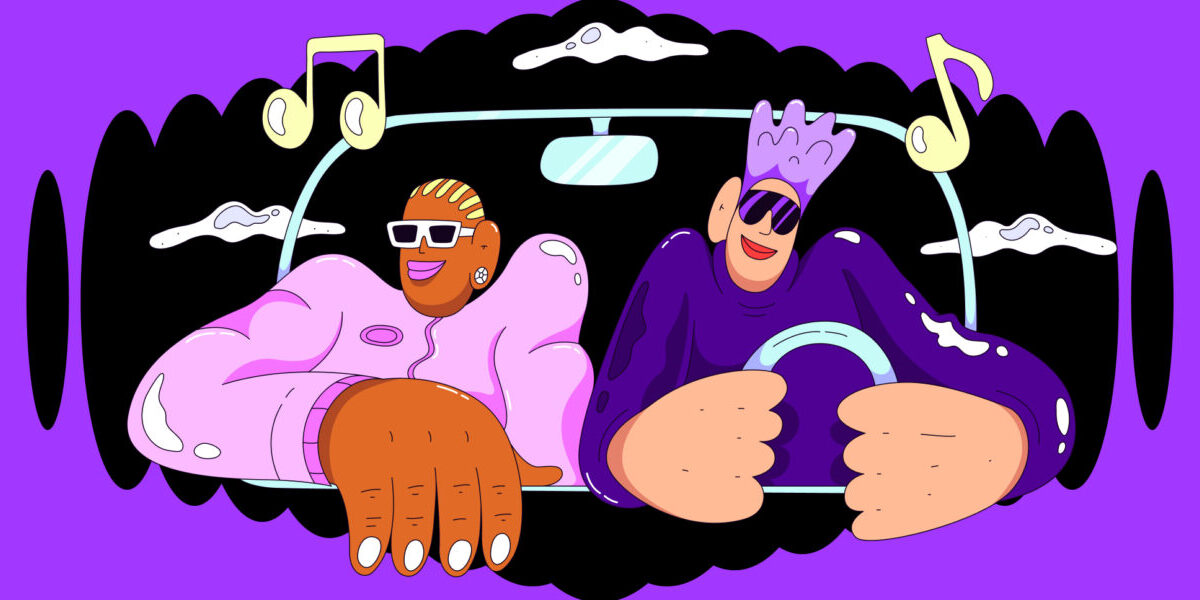Have you ever heard a song from your teenage years and suddenly felt transported back in time? That surge of emotion, vivid memories, and even a lump in your throat—this is the magic of why music triggers nostalgia. It’s not just a coincidence; science and psychology reveal a deep, emotional connection between sound and memory.
Why Music Triggers Nostalgia: The Science Behind the Emotion

At the heart of the phenomenon of why music triggers nostalgia lies the intricate wiring of the human brain. Music doesn’t just entertain—it activates multiple regions of the brain simultaneously, including those responsible for emotion, memory, and sensory processing. This unique neural symphony makes music a powerful trigger for recalling the past.
The Role of the Hippocampus and Amygdala
The hippocampus, a seahorse-shaped structure deep within the brain, is essential for forming and retrieving autobiographical memories. When paired with the amygdala—the brain’s emotional center—music becomes a direct line to emotionally charged past experiences.
- Music activates the hippocampus, helping retrieve contextual memories tied to specific times and places.
- The amygdala amplifies the emotional weight of these memories, making them feel vivid and real.
- Functional MRI studies show increased activity in both regions when nostalgic music is played (source).
“Music has the power to unlock memories that we thought were long forgotten. It’s like a time machine for the mind.” — Dr. Aniruddh Patel, Cognitive Neuroscientist
How Music Bypasses Cognitive Filters
Unlike other sensory inputs, music often bypasses the prefrontal cortex—the brain’s logical center—and goes straight to the limbic system, where emotions and memories reside. This explains why a song can evoke a memory before you even realize what you’re remembering.
- This direct neural pathway allows music to trigger involuntary memories.
- These memories are often more emotionally intense than those triggered by photos or written prompts.
- Studies show that music-evoked autobiographical memories (MEAMs) are more detailed and emotionally rich (source).
Why Music Triggers Nostalgia: Emotional Resonance and Memory Encoding
One of the most compelling reasons why music triggers nostalgia is its ability to encode emotional experiences during critical life stages. The songs we hear during emotionally significant periods—like adolescence or first love—become deeply embedded in our memory networks.
The Peak-Emotion Encoding Theory
Our brains are more likely to store memories that occur during moments of high emotional intensity. Music often accompanies these peak moments—proms, breakups, road trips, graduations—making it a natural memory anchor.
why music triggers nostalgia – Why music triggers nostalgia menjadi aspek penting yang dibahas di sini.
- Emotionally charged events are encoded more deeply due to heightened dopamine and norepinephrine release.
- Music acts as a ‘soundtrack’ to these events, creating a strong associative link.
- When the same music is heard later, it reactivates the entire emotional context.
The Reminiscence Bump and Musical Memory
Psychologists have identified a phenomenon called the ‘reminiscence bump’—a tendency for adults over 40 to recall more memories from ages 10 to 30. This period coincides with the formation of identity, first loves, and major life decisions.
- Music from this era is disproportionately linked to nostalgia.
- Over 70% of nostalgic music recalled by adults originated from their teens and early twenties (source).
- The brain treats this music as a core part of personal identity.
Why Music Triggers Nostalgia: The Power of Repetition and Familiarity
Familiarity breeds emotional comfort. The more we hear a song, especially during formative years, the more deeply it becomes embedded in our neural pathways. This repetition strengthens the memory-music connection, making it easier to trigger nostalgia later in life.
How Repetition Strengthens Memory Links
Every time we listen to a song, our brain reinforces the neural circuits associated with it. This process, known as long-term potentiation, makes the memory more accessible over time.
- Frequent listening during adolescence creates ‘super memories’ tied to music.
- Even partial exposure (like a few notes) can trigger full memory recall.
- Radio hits from the past often become nostalgic because they were played repeatedly.
The Comfort of Predictability in Music
Our brains love patterns. Music with predictable melodies, rhythms, and chord progressions provides a sense of safety and order—especially in uncertain times.
- Familiar songs reduce anxiety by activating the brain’s reward system.
- Nostalgic music is often sought during stress, loneliness, or transition.
- This explains why people turn to old favorites during life crises (source).
Why Music Triggers Nostalgia: Cultural and Social Soundtracks
Music doesn’t just reflect personal memories—it also captures the spirit of entire generations. Shared cultural moments, like a hit song from a major movie or a global event, become collective soundtracks that unite people through nostalgia.
Music as a Cultural Time Capsule
Songs from a particular decade carry the fashion, politics, and social norms of that era. Hearing them instantly evokes the atmosphere of the time.
why music triggers nostalgia – Why music triggers nostalgia menjadi aspek penting yang dibahas di sini.
- Tracks like “Thriller” by Michael Jackson or “Smells Like Teen Spirit” by Nirvana are time markers.
- They trigger not just personal memories but collective cultural recall.
- Museums and documentaries often use music to recreate historical periods.
The Role of Shared Experiences in Musical Nostalgia
When millions of people experience the same song at the same time—like a viral hit or a national anthem at a sports event—it creates a bond of shared nostalgia.
- Concerts, school dances, and radio countdowns create communal listening experiences.
- These shared moments amplify the emotional power of the music.
- Reuniting with old friends often involves playing ‘our songs’ from the past.
Why Music Triggers Nostalgia: The Dopamine Connection
One of the most fascinating aspects of why music triggers nostalgia is its ability to stimulate the brain’s reward system. Listening to nostalgic music releases dopamine—the ‘feel-good’ neurotransmitter—creating a pleasurable feedback loop that encourages repeat listening.
Dopamine and the Anticipation of Musical Pleasure
Research shows that dopamine is released not just when we hear a favorite part of a song, but even in anticipation of it.
- The brain learns musical patterns and predicts upcoming notes or lyrics.
- When the prediction is correct, dopamine is released, creating a sense of satisfaction.
- This mechanism makes nostalgic music especially rewarding because we know it by heart (source).
Nostalgia as an Emotional Regulator
Dopamine release from nostalgic music doesn’t just feel good—it serves a psychological purpose. Nostalgia helps regulate mood, increase self-esteem, and foster social connectedness.
- Studies show that nostalgic music reduces feelings of loneliness.
- It enhances perceived meaning in life and strengthens relationships.
- People who listen to nostalgic music report higher levels of optimism (source).
Why Music Triggers Nostalgia: Personal Identity and Self-Continuity
Music plays a crucial role in shaping who we are. The songs we love become part of our identity narrative—the story we tell ourselves about who we’ve been and who we are.
Music as a Life Story Soundtrack
People often describe their lives in terms of musical eras: ‘the grunge phase,’ ‘my pop punk years,’ or ‘when I was into jazz.’ These labels aren’t just preferences—they reflect identity shifts.
why music triggers nostalgia – Why music triggers nostalgia menjadi aspek penting yang dibahas di sini.
- Adolescents use music to explore different aspects of self.
- Changing musical tastes often coincide with major life transitions.
- Revisiting old music helps maintain a sense of self-continuity over time.
The Role of Music in Self-Reflection
Nostalgic music encourages introspection. It allows us to reflect on past decisions, relationships, and growth.
- Listening to old songs can evoke pride, regret, gratitude, or longing.
- This reflection helps integrate past experiences into a coherent life story.
- Therapists sometimes use music to help patients process trauma or loss.
Why Music Triggers Nostalgia: Sensory and Contextual Triggers
Music rarely exists in isolation. It’s often linked to specific places, smells, people, and events. These contextual cues strengthen the memory and make future recall more vivid.
The Multi-Sensory Nature of Musical Memories
When we first hear a song, our brain records not just the sound, but also the environment: the smell of a summer night, the feel of a car seat, the sight of a sunset.
- These sensory details become part of the memory trace.
- Later, hearing the song can reactivate all these sensations.
- This is why nostalgic music can feel so immersive and real.
How Context Shapes Musical Nostalgia
The same song can evoke different emotions depending on the original context. A breakup song might be painful at first but later become a symbol of resilience.
- Context determines whether nostalgia is bittersweet or purely joyful.
- Revisiting music from difficult times can provide closure.
- People often curate playlists based on mood and memory context.
Why Music Triggers Nostalgia: The Therapeutic Power of Sound
Beyond personal reflection, music’s nostalgic power has real therapeutic applications. From dementia care to mental health therapy, music is used to reconnect people with their past and improve emotional well-being.
Music Therapy for Alzheimer’s and Dementia
Even in advanced stages of dementia, patients often respond to music from their youth. This phenomenon has led to the widespread use of music therapy in care homes.
why music triggers nostalgia – Why music triggers nostalgia menjadi aspek penting yang dibahas di sini.
- Familiar songs can temporarily restore memory and communication.
- Patients may sing, dance, or share stories triggered by music.
- Programs like Music & Memory have shown significant improvements in mood and engagement (source).
Nostalgia as a Tool for Mental Health
Contrary to old beliefs that nostalgia is unhealthy, modern psychology sees it as a coping mechanism.
- Nostalgic music increases feelings of social support and belonging.
- It helps people cope with change, loss, and uncertainty.
- Clinicians use curated playlists to help patients manage depression and anxiety.
Why does music trigger such strong nostalgic feelings?
Music triggers nostalgia because it activates brain regions linked to memory and emotion, particularly the hippocampus and amygdala. When combined with emotional experiences, repetition, and sensory context, music becomes a powerful cue for recalling the past.
Can any song become nostalgic, or only those from our youth?
While music from adolescence and early adulthood is most commonly nostalgic due to the ‘reminiscence bump,’ any song tied to a significant life event can become a nostalgic trigger, regardless of age.
Is feeling nostalgic from music good for mental health?
why music triggers nostalgia – Why music triggers nostalgia menjadi aspek penting yang dibahas di sini.
Yes, moderate nostalgia induced by music can improve mood, increase self-esteem, and strengthen social connections. However, excessive rumination on the past may be counterproductive for some individuals.
Why do certain songs make us cry, even if the memory isn’t sad?
The emotional response is often due to the intensity of the memory and the surge of dopamine and oxytocin. Even happy memories can evoke tears when they highlight how much time has passed or how much we’ve changed.
Can music trigger nostalgia in people with memory loss?
Yes, studies show that music can evoke memories in people with Alzheimer’s and other forms of dementia, even when verbal memory is severely impaired. This is because musical memory is stored in different brain regions.
The question of why music triggers nostalgia is more than just a curiosity—it’s a window into the human mind.From neuroscience to psychology, culture to therapy, music’s power to transport us through time is rooted in deep biological and emotional mechanisms.Whether it’s a childhood lullaby or a high school anthem, music connects us to our past, shapes our identity, and comforts us in the present.
why music triggers nostalgia – Why music triggers nostalgia menjadi aspek penting yang dibahas di sini.
.Understanding this phenomenon not only enriches our appreciation of music but also highlights its potential as a tool for healing, connection, and self-discovery.So the next time a song brings back a flood of memories, remember: it’s not just your imagination—it’s your brain reliving a moment in time..
Further Reading:

